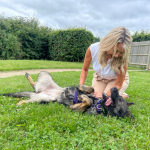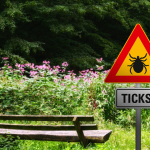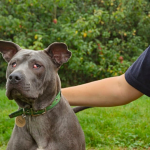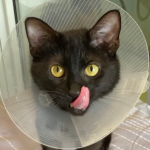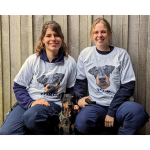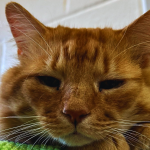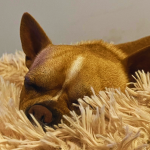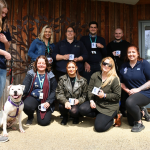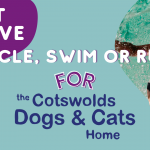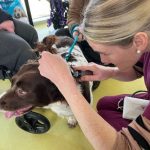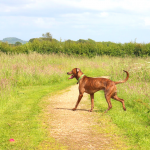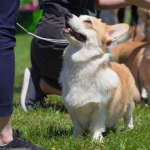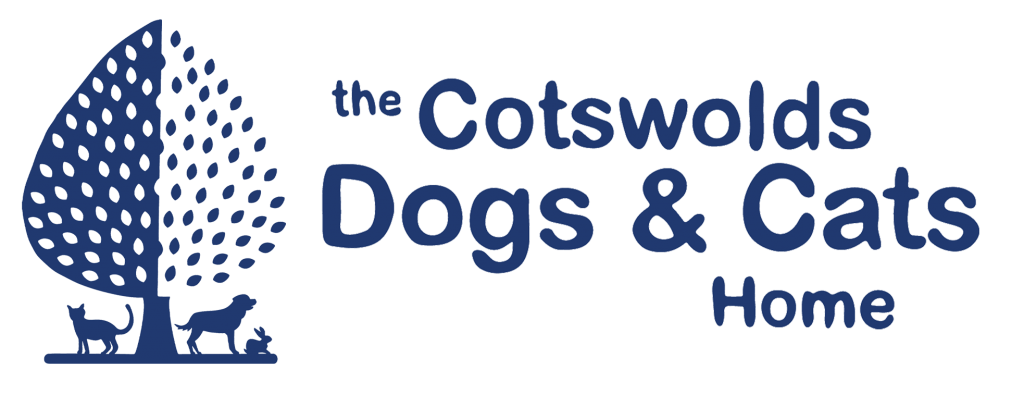
CDCH takes part in Rabbit Awareness Week
The CDCH team shares their top tips for happy, healthy rabbits.

Why rabbit welfare matters
Rabbits are social, intelligent, and active creatures. To thrive, they need space to explore, play, and display natural behaviours like digging and hopping.
Rabbits need plenty of space, companionship, and enrichment to support their mental, physical, and emotional well-being.
Outdoor rabbits thrive in a secure, predator-proof enclosure measuring at least 3m x 2m x 1m, with 24-hour access to their full space. A converted shed with an attached run works well.
Indoor rabbits need just as much space to run, jump, and stretch. Natural light, a comfortable temperature, and opportunities to forage and explore are essential.
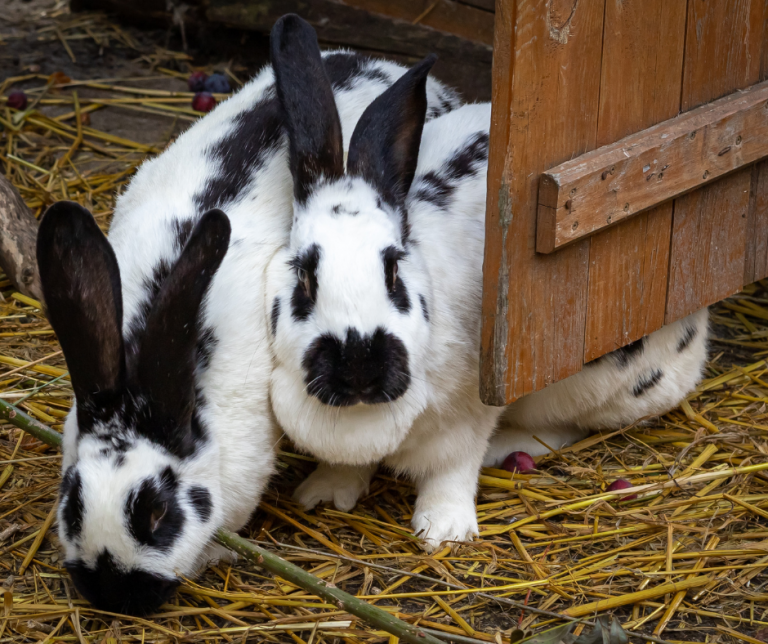
Rabbits love company

Rabbits are naturally social animals and thrive with the company of their own kind. A neutered pair is ideal to prevent fighting and unwanted litters.
Introducing unfamiliar rabbits should be done slowly and with supervision, as they may establish a social hierarchy. Always seek advice from a vet or behaviourist if unsure.
Avoid unwanted pregnancies
Neutering helps prevent unwanted litters, protects against reproductive diseases, and can improve bonds between rabbits.
Females can be spayed from 4–5 months, and males castrated from 10 weeks, though males may remain fertile for up to six weeks post-op.
It’s especially important for females, as neutering can help prevent certain cancers and support long-term health.

Healthy diet
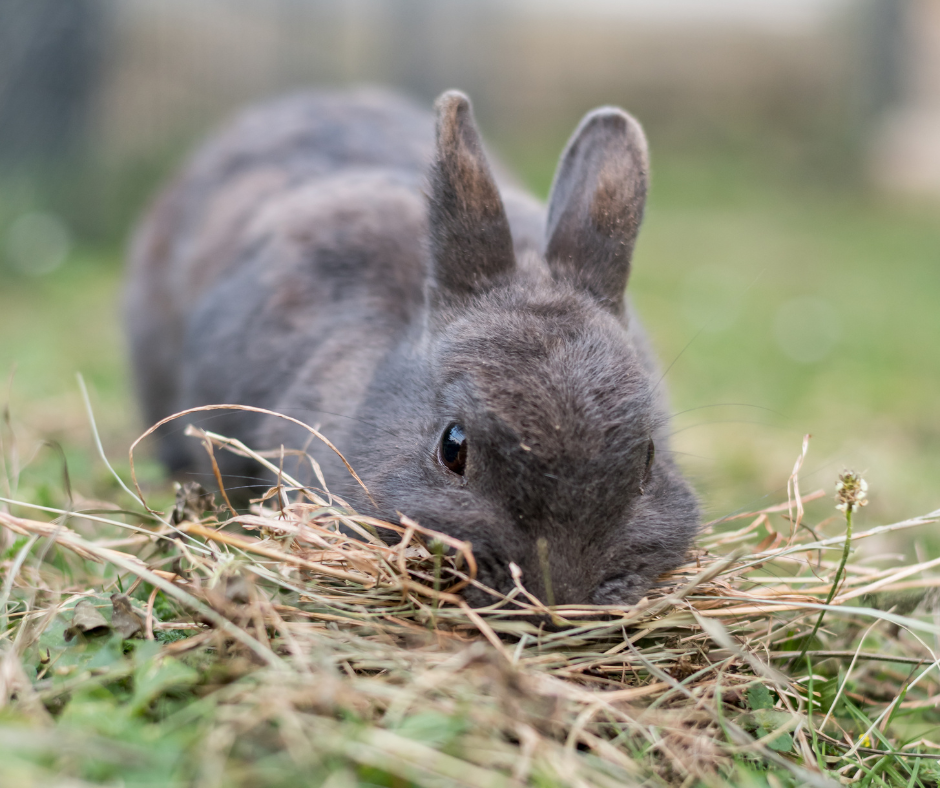
Fresh, clean water, along with good-quality hay and grass, should form the bulk of your rabbit’s diet. These are essential for maintaining a healthy gut and supporting dental health, as rabbits’ teeth grow continuously.
You can supplement their diet with a small amount of pellets, following the manufacturer’s guidelines. Offering a variety of leafy greens also encourages natural foraging and chewing behaviours.
How can you help?
Fostering is an excellent way to help us provide care for as many rabbits as possible, and offer them some much needed respite whilst we search for their forever homes.
We have fostered 5 rabbits so far, each arriving in poor condition but it’s been incredibly rewarding to watch them heal, grow, and thrive before heading off to their forever homes

Catherine is vital to CDCH and is always ready to help us foster rabbits in need.
If you feel you can offer a loving foster home for our small furries then please get in touch with us and fill out a perfect match form.
Sponsor a rabbit
Alternatively, you could choose to sponsor a small furry for as little as £5 a month!
You will receive a sponsor welcome pack and regular updates on our small furries that reside in foster care.
Categories
- Appeals (4)
- Events (7)
- News & Updates (66)
- Happy Tails (23)
- Past Appeals (94)
- Past Events (98)
- Support & Advice (46)
- Challenge Events (2)
Recent Posts
Related posts


Shoebox Appeal

CDCH Christmas Market

Celebrate Free Wills Month With The Cotswolds Dogs & Cats Home!

To report cruelty or an animal in distress call 0300 1234 999






